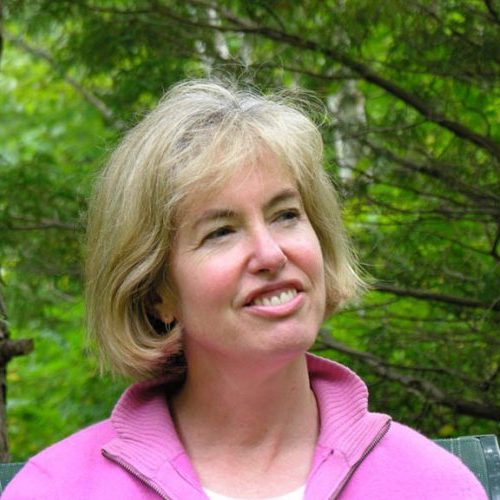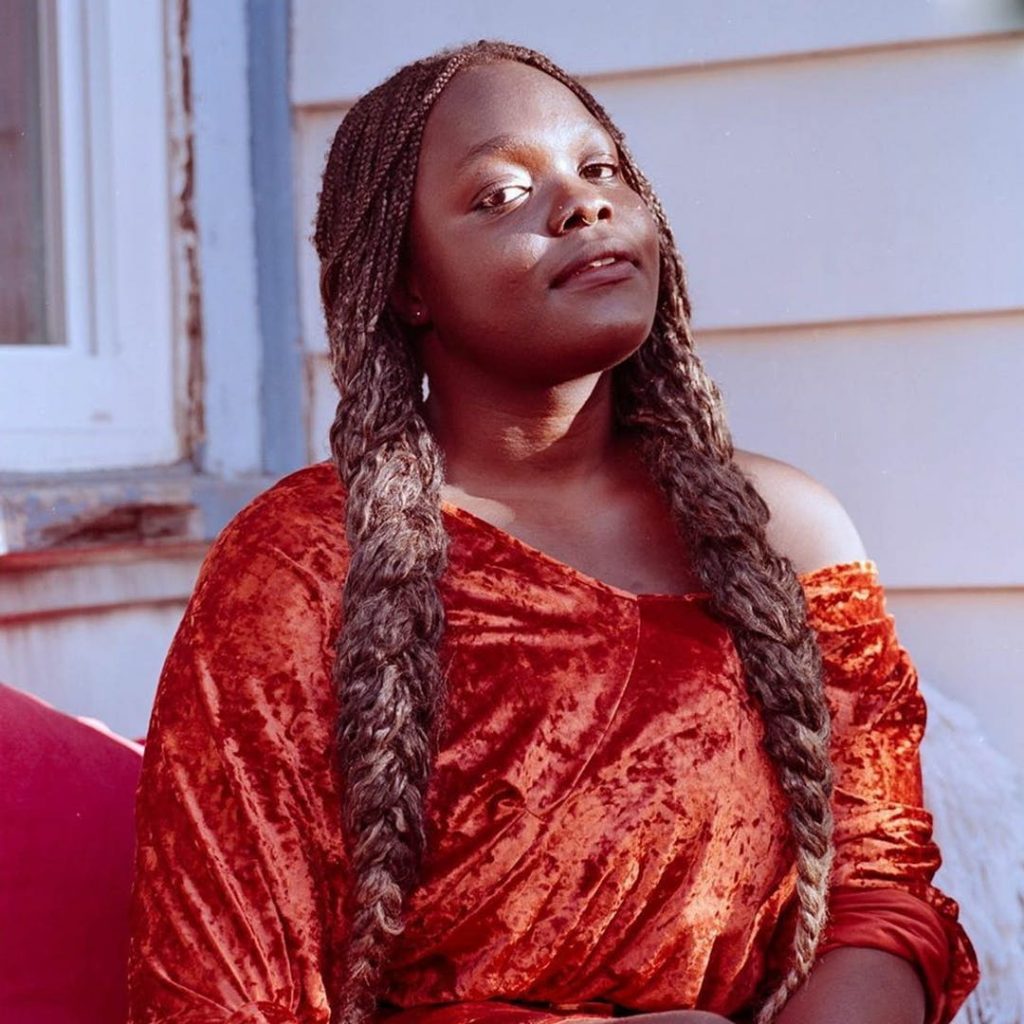Author spotlight: Tyler LeBlanc
Tyler LeBlanc is a historian, storyteller, and author based in E’se’katik (Lunenburg), Nova Scotia. He has bachelor degrees in History, Political Science, and Journalism, and a MFA in creative nonfiction. For nearly a decade he worked as a bicycle tour guide and got to travel around the world on two wheels.
His writing has been published in This Magazine, Modern Farmer, Explore, and The Coast, among others.
Acadian Driftwood, published by Goose Lane Editions in June 2020, is his first book.
You’ve had a huge response to your book so far, including four Atlantic Book Award nominations. What has it been like to send your book out into the world and get this kind of response?
Receiving four nominations was very humbling. I’ve been writing for years, but mostly magazine articles and news pieces that you never see a lot of feedback from. Putting this book, my first, into the world was both terrifying and exciting, especially given the topic. The response has been the most interesting part of the process, I’ve received so many messages from folks who have a personal/family connection to the stories found in the book, or from people working on their own genealogy. With not being able to interact with people at book events or otherwise due to the pandemic, these conversations have added a human component to launching the book that I very much enjoy.
For people who have not read your book, can you provide a summary in a few sentences?
Acadian Driftwood tackles the Expulsion of the Acadians from the point of view of those who suffered the event firsthand. It is an attempt to put names and faces to a horrific tragedy that is too often overlooked in conventional Canadian history. Following a group of siblings through the deportations, life in exile, and far too much death, the book offers a fresh look at the most defining event in Acadian history.
When did your ancestors arrive in Nova Scotia?
Daniel LeBlanc arrived from France sometime before 1650. He lived a few kilometres up-river from the fledgling outpost of Port-Royal (now Annapolis Royal). Not long after he arrived he met Françoise Gaudet, they married in 1650 and had six sons and a daughter. Daniel and Françoise are the forebearers of the entire extended LeBlanc family, who now number in the hundreds of thousands.
I’m reading your book now, and it is so incredibly devastating. Did it take a lot out of you, knowing these people whom you write about were your family members? As you researched and discovered what had happened to them, what was the impact on you?
Hundreds of years passing lessened the impact, in terms of feeling true kinship with them. More devastating was coming to understand the brutality and callousness of Expulsion, the decisions behind it, and how it happened on the ground to the Acadian community at large. The deeper I got in the research the more it became apparent that around every corner was another devastating moment. After long days of research and writing, it was hard to get my mind out of the dark history and reconnect with the present.
It wasn’t that long ago that you didn’t even realize you had Acadian ancestry. Why do you think you grew up not knowing your connection to Acadian history?
The connection was severed only three or four generations ago. My ancestors were lucky enough to return to the region after the Expulsion, and settled in the Margaree Valley in Cape Breton. The region was deeply Acadian, and the surrounding communities still are. However, like many others, the family left the valley for Sydney around the turn of the century in pursuit of work in heavy industry. Slowly they assimilated into Anglophone culture. My grandfather didn’t have a close relationship with his parents, left Cape Breton, ended up in Korea during the war, and was stationed on the south shore (where I was born) when he returned. He either didn’t know his grandparents (who grew up as Francophones in the Margaree) or didn’t pass that information along. That’s when the connection was lost.
It’s an all-to-common story, and a direct spin-off of the Expulsion. The deportation of the Acadians, and the genocide of the Mi’kmaq, created a void in the region that was filled by British settlers. They became the dominant culture in Nova Scotia, and everything else had to struggle to exist under it. In many cases, like mine, the connection didn’t make it.
Let’s talk about your research – is there any particular nugget of information that you found that took a lot of digging? What were some of the things you discovered that surprised you the most?
One piece of information that really stood out to me were the declarations of Belle-Île-en-Mer. Years after the Expulsion a group of exiles who ended up in France via Virginia, then England, found their way to this tiny island off the coast of Brittany. On this windswept speck of land on a series of winter mornings in 1767 they lined up to orally recite their genealogy to a panel of French officials. These declarations, which luckily have survived, stand as a key piece of bedrock on which Acadian genealogy is founded. It is from these records that genealogists were able to piece together the family lines pre-Expulsion. Getting a chance to read these attestations, included that of my ancestor Jean Baptiste LeBlanc (chapter five) was one of the most rewarding moments in the research process.
This piece didn’t take as much digging as some of the other finer details, but it certainly stands out in my memory, both because it is delightfully surprising it has survived, and due to its importance, not only to my story (without which I could not have written the book), but to Acadian history in general.
What role did the King’s MFA program have on the writing of your book?
The MFA program is where it all began. I started at King’s with an idea to recreate the ill-fated crossing of the deportation transport ship Duke William. Looking back, I might have had enough information then for a short magazine article. With the encouragement of my peers, mentors, and professors, I was convinced to add myself to the story, something I was initially very resistant to. Once I did, the shape of the book started to emerge and I realized I had enough to recreate not just that voyage, but the Expulsion as a whole, at least the parts that affected my ancestors. Throughout the entire process everyone involved in the MFA supported my journey. Without the program this book would not exist.
As a first-time author, what was your experience of getting your book published like?
The publication process was great, it was something I had dreamed of for years and it didn’t disappoint. My editors were fantastic and really helped clean up the narrative. Everything was lined up for a typical release, we had a tour booked, I was going to take a break in the middle of the tour to pop down to Louisiana to explore Cajun country and meet some distant family – then the pandemic hit. Everything was flipped upside down. Luckily Goose Lane quickly adapted, and within the context of the early days of COVID we changed plans and the release went really well. Like I mentioned above, not being able to get out and interact with people in regard to the book has been tough, I was really looking forward to that part, but it’s been an interesting challenge navigating book promotion during these troubling times, and hopefully in the future we can have events again and maybe I can get out there and talk with readers about the book.
What are you working on next? Will you be revisiting the experience of the Acadian Expulsion in subsequent books?
I’ve been thinking a lot about the legacy of those responsible for the Expulsion and how to re-imagine how this history is presented to future generations. It’s very much in the early stages right now. I’m looking at different formats and how to make the information as accessible as possible.
Now that you know what you know, what does it feel like to go to Grand Pre?
Different. I take my time now when I’m there. I like to look at the willow trees that still stand on the grounds, they’re much older than the reconstructed buildings or placards. They’re a piece of old Grand Pré. It’s a beautiful place, and I’m glad it’s there for people to explore.
What are three things on your writing desk and what is their significance?
I keep a pretty sparse desk, usually only cluttered with too many lamps and coffee mugs. However, I do keep one of my favourite pieces of fiction on my desk at all times. When I’m feeling like I can’t write another word, I flip to a random passage and just enjoy how beautiful a well written string of words can be. It doesn’t necessarily motivate me to write more that day, but it’s nice to be reminded of how amazing books are. I also have an old brass swordfish harpoon head that I got from my grandfather on my mom’s side, I keep that close by. He was a carver, worked at a whaling station, served some time as a lighthouse keeper, and fished. Passed down stories of his exploits were what initially piqued my interest in learning about my family history, on both sides.
—Questions by Marilyn Smulders, Author photo by Harrison Newman Jardine
Author spotlight: Tyler LeBlanc Read More »










